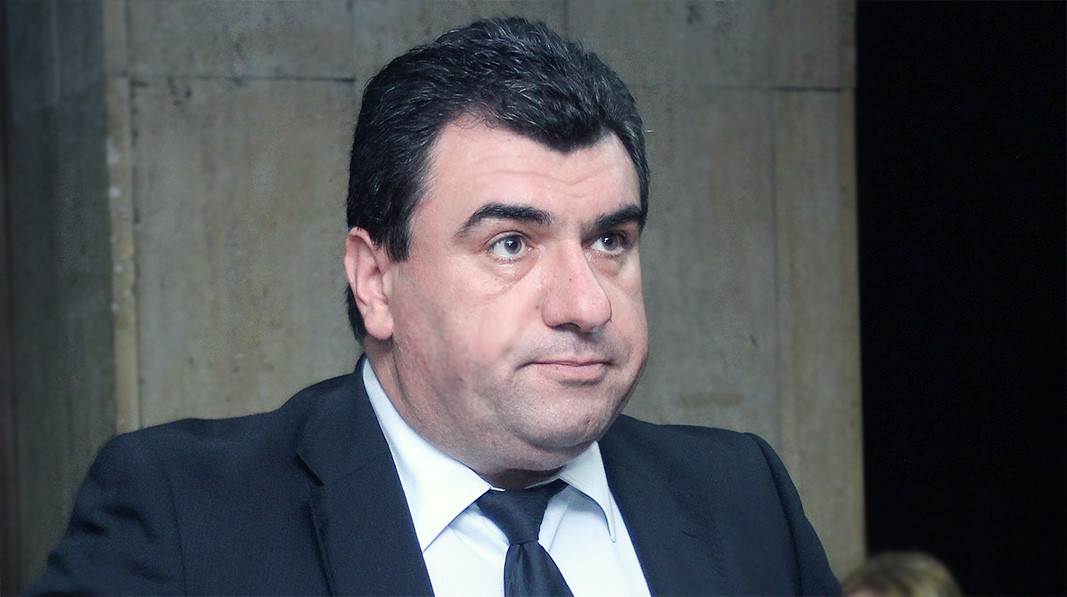This year’s grape harvest in Bulgaria is expected to be 20% to 30% bigger as compared to 2020, Krasimir Koev, Director of the Executive Agency for Vine and Wine forecasted in an interview for the Bulgarian National Radio. Now, farmers are only praying for rain, so they can have a better agricultural year, after the decline registered in 2020.
The wine sector was not affected by winterkill or frostbite. That is why farmers expect that this year’s yields will be better in terms of quantity and quality of the grapes. Last year, this country’s winemaking facilities processed 120,760 tons of grapes and produced a total of 83 million liters of wine.
“Those who took good care of their vines and whose grapes have high sugar content will be able to sell their produce at a decent price – said Krasimir Koev. – Farmers are doing their best to keep their vineyards in good condition.

For instance, when Bulgaria was hit by heavy rain and hailstorms, they sprayed their crops with chemical substances on a regular basis to protect them from various diseases. In the past two weeks the country has been affected be extreme heat and farmers have been irrigating their vines. However, the excessive draught has already impacted some vineyards in Southwestern Bulgaria and grape clusters has become dry, because of the dry weather and high temperatures.”

The total area of land covered by vines in Bulgaria amounts to 60,162 hectares. This year’s wine produce will be sold to traditional markets, except for China.
“We have registered higher export volumes to eleven African countries – added Krasimir Koev. Russia has also ordered to buy Bulgarian wines. Of course, the biggest quantity will be exported to the countries from Central and Eastern Europe. In 2020, Bulgaria exported more than 47 million liters of wine, whereas the year before this country exported 64 million liters, which is due to the coronavirus pandemic. Before the beginning of the Covid-19 pandemic, Bulgaria was doing great in terms of wholesale wine sales in higher price segments- ranging from EUR 4 and EUR 7 per liter.
Meanwhile, the newly established National Association of Bulgarian Vine-Growers called for state support:

“Bulgaria’s viticulture is in a difficult situation- the Chairman of the National Association of Bulgarian Vine-Growers Petyo Boshnakov said for Horizont channel of the BNR. – We are experiencing difficulties in selling and manufacturing our produce. We have problems with low farm-gate purchase prices and we are unable to buy agricultural machinery and equipment through EU funding. We have access to one EU programme only, but the money allotted under this programme is not enough. Our direct costs have increased significantly in the recent years. Meanwhile, farm-gate grape prices decreased nearly twofold and we are unable to make any profit at all.”

Vine growers voiced hopes that serious attention would be paid to this sector during the new EU programming period. They also hope that grey practices such as unregulated sale of grapes and wine will cease.
Compiled by: Diana Tsankova (based on interviews by Evelina Stoyanova and Snezhana Ivanova, Horizont channel-BNR)
English version: Kostadin Atanasov
Photos: BGNES, Ani Petrova and lozari.bgAccording to data from the Bulgarian National Bank, household bank loans in Bulgaria surpassed €25.5 billion mark , reaching €25.59 billion by the end of May 2025. The Bulgarian News Agency (BTA) reported that the total loan amount had increased by..
A number of institutions – the Ministry of Labor and Social Policy, the Employment Agency, the Executive Agency for Bulgarians Abroad and the Ministry of Interior, as well as members of parliament, have made a clear commitment – to..
Bulgarians working abroad sent over EUR 420 million to their relatives during the first quarter of 2025. This amount is EUR 66 million higher than in the same period of 2025. The largest sum was sent by the Bulgarian diaspora in the United States,..

+359 2 9336 661
